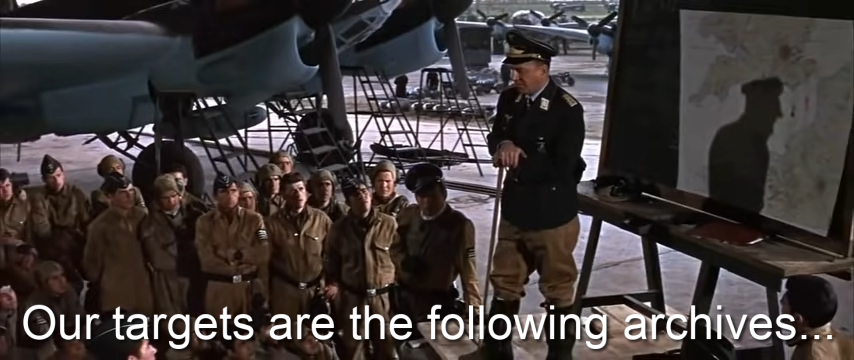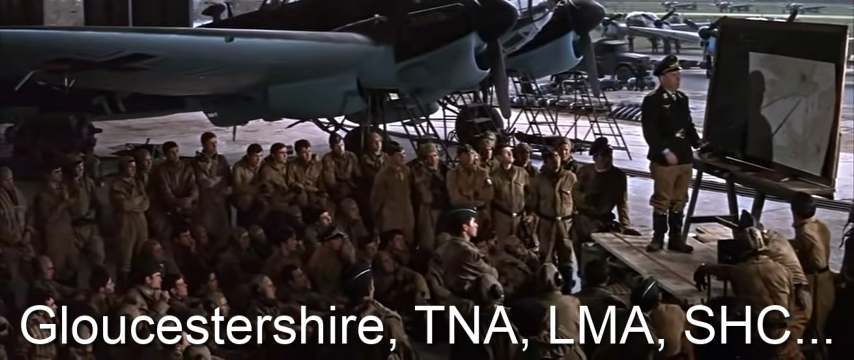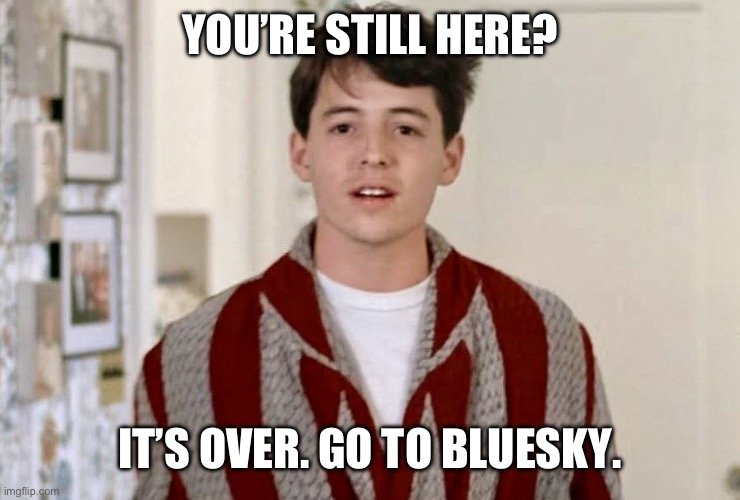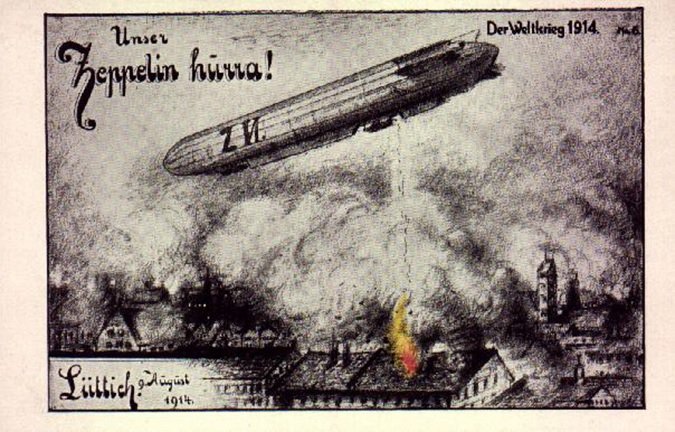
That's right...

... I'm going on a research trip...

... to the UK!
(I suppose this post should technically be called Archivwochen, but that's a little too pedantic even for me.)
It's been nearly a decade since my last visit, and that was long before I started working on Home Fires Burning. So I've built up a large pile of research questions which can only be answered in the archives. Airminded will therefore be in hiatus until July, while I holiday in England, Scotland, and Wales, and (more importantly for the purposes of this blog) research in the following archives:
- Gloucestershire Archives
- The National Archives
- London Metropolitan Archives
- Surrey History Centre
- Tower Hamlets Local History Library and Archives
- Kent Archives and Local History
- Imperial War Museum
- East Sussex and Brighton and Hove Record Office
I'm hoping to have some sort of Airminded meetup or meetups, so if you're in or near any of these places in late June, drop me a line!








